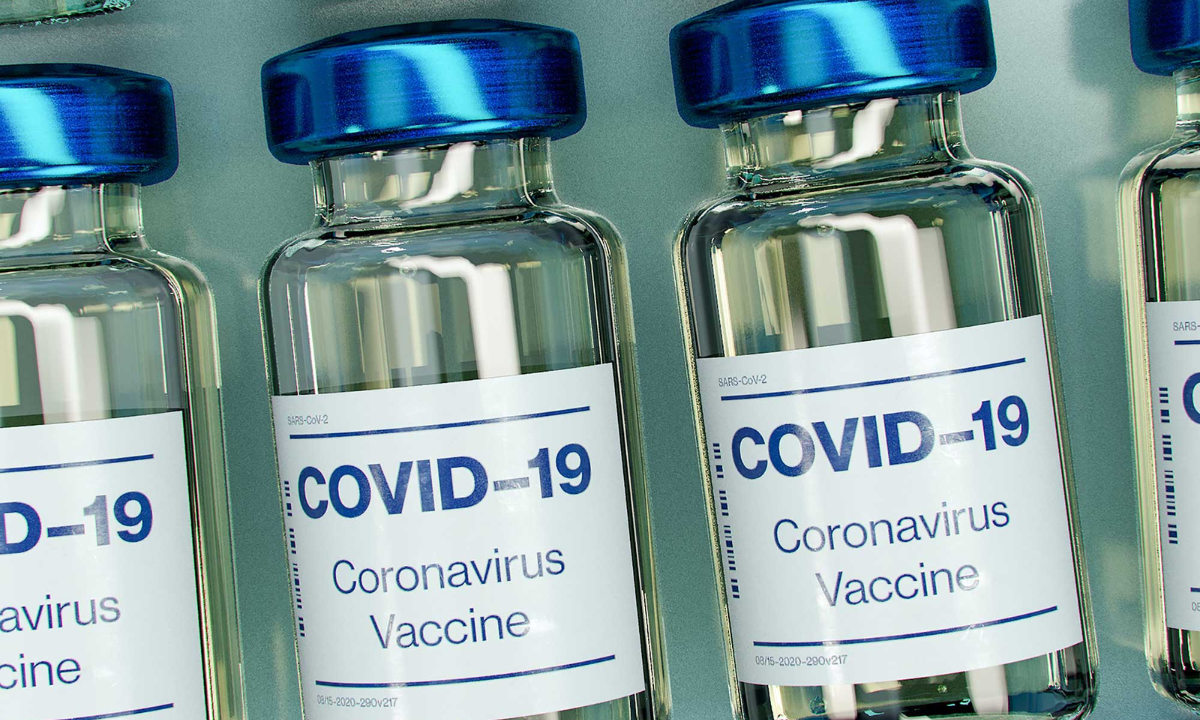The vast majority of climate scientists agree that climate change is occurring as a result of greenhouse gases released by human activity. Actions taken to lower carbon emissions, also known as greenhouse gases, can reduce the risk of damage to the environment and ultimately human health. A team of researchers that includes environmental law expert Michael Vandenbergh, who holds the Tarkington Chair of Teaching Excellence at Vanderbilt Law School, advocates adding private carbon labels to products to help change consumers' purchasing behavior as well as corporate supply chains, with the ultimate goal of significant reductions in carbon emissions.
var so = new SWFObject(‘http://www.vanderbilt.edu/asset/video/flash/vuplayer.swf’,’mpl’,’515′,’320′,’9′);
so.addParam(‘allowscriptaccess’,’always’);
so.addParam(‘allowfullscreen’,’true’);
so.addParam(‘flashvars’,’&streamer=rtmp://flash.its.vanderbilt.edu/public_affairs&file=Mike Vandenbergh Carbon Footprint.flv&image=http://news.vanderbilt.edu/files/vandenbergh-650×366.png&skin=http://www.vanderbilt.edu/asset/video/flash/vandy/vandy.xml&autostart=false&stretching=uniform&plugins=fbit-1,tweetit-1&dock=true’);
so.write(‘vandyplayer’);
In a commentary published in the premier issue of the journal Nature Climate Change, published in April, Vandenbergh and co-authors Thomas Dietz of Michigan State University and Paul Stern of the U.S. National Research Council propose a private labeling system as a stopgap measure until national and international labeling rules are adopted. “When you look at food in a grocery store, one item may have a very low carbon footprint while another's is very high, and right now you just don’t know," said Vandenbergh, who directs the Climate Change Research Network. "A global private labeling system would give you information on the carbon associated with the various products you might buy."
Vandenbergh, Dietz and Stern believe adding private carbon labels to products could put power in consumers' hands, enabling them to choose products with a lower carbon footprint, and also influence how businesses produce, package and transport their products. Their commentary is published in the premier issue of the journal Nature Climate Change, published April, 2011.
BENEFITS TO COMPANIES
If consumers choose one product over another based on low carbon emissions, Vandenbergh says, companies may feel pressure to make different choices in how they grow or produce, package and transport consumer goods. He notes that a private carbon labeling system also has the potential to create financial benefits for companies. “Research shows that when companies determine where the carbon is coming from in their supply chains, they often find opportunities to make their supply chains more efficient,” said Vandenbergh. “Many companies will find energy efficiency savings and be motivated to act because of cost savings.”
HOW WOULD A PRIVATE CARBON LABEL WORK?
A number of different carbon footprint labels are already being promoted and used, but all share the goal of reducing carbon emissions by influencing companies and consumers. One version that currently appears on some products in the United Kingdom was established by the non-profit Carbon Trust with the goal of showing the volume of greenhouse gases emitted during a product’s lifecycle. The label also indicates that a company has made a commitment to reduce the product's carbon footprint number within two years.
HOW IS A CARBON FOOTPRINT MEASURED?
A carbon footprint is measured by adding all the greenhouse gases released during a product's life cycle. These gasses may come from farming and sourcing of raw materials, how and where the product is built, how it’s transported, and how consumers dispose of the product and its packaging.
Vandenbergh, Dietz and Stern stress that small changes in consumer behavior will make a big impact in lowering carbon emissions. "Individual houses make up more than a third of all carbon emissions in the United States and around the world," Vandenbergh said. In a recent study, “Individual Carbon Emissions: The Low-Hanging Fruit,” Vandenbergh outlines a number of simple, low-to-no cost actions, such as avoiding idling your car, that people can take to lower their personal carbon footprint.

